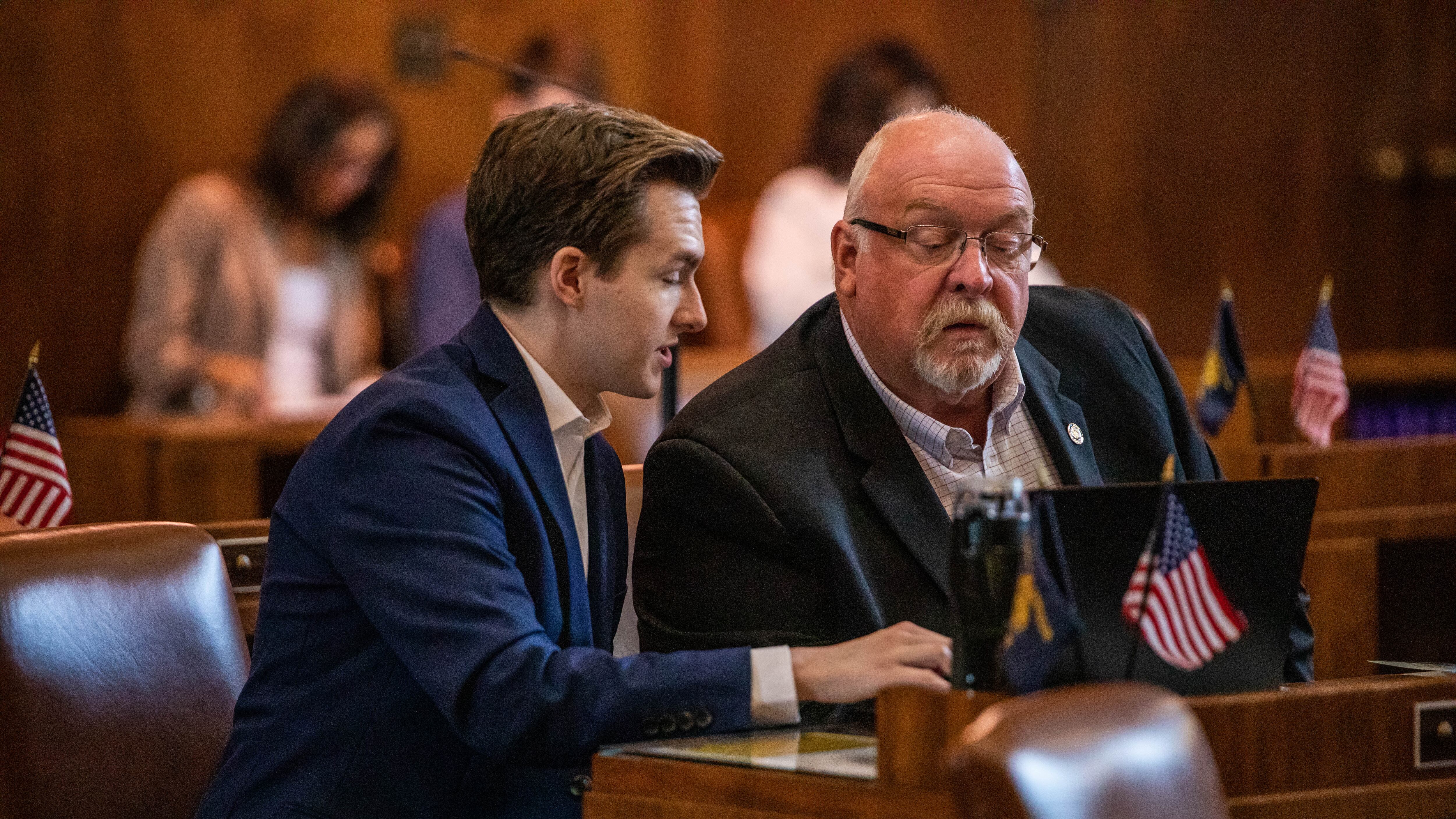The battle over the expulsion of Senate Republicans who stayed out of the Oregon Capitol to prevent passage of abortion and gender-affirming care legislation has moved to the courts. Five senators this afternoon asked the Oregon Court of Appeals to overturn Secretary of State LaVonne Griffin-Valade’s ruling that disqualified them from seeking another term because they compiled more than 10 unexcused absences.
Last November, voters approved Measure 113, which bars lawmakers from seeking reelection if they rack up 10 or more unexcused absences in a legislative session. Public employee unions and other backers wanted to put a stop to the tactic, recently favored by outnumbered Oregon Republicans, of leaving the Capitol to block the passage of bills they found objectionable by denying Democrats a quorum.
This session, Republicans walked out anyway—and five of them, including Senate Minority Leader Tim Knopp, watched 10 absences fly by from their rearview mirrors. (The hill they chose to die on was a bill that would have expanded abortion access and gender-affirming care to teenagers. A much-reduced version of the bill passed after a deal was reached in June.)
As WW first reported earlier this year, the language in the ballot measure is ambiguous. It says lawmakers who hit the absence limit are disqualified from seeking reelection for the “term following the election after the member’s current term is completed.” Republicans argue that the crafters of Measure 113 bungled the language and actually barred them from seeking reelection in 2028, rather than 2024. (Or, in some cases, 2030 rather than 2026.)
Griffin-Valade rejected that argument earlier this month, ruling that whatever the measure said, voters plainly intended to bar the absent lawmakers from seeking reelection next year.
Now the five senators—Knopp, Daniel Bonham, Suzanne Weber, Dennis Linthicum and Lynn Finley—are asking the Court of Appeals to review her ruling.
Oregon remains one of just a handful of states where the presence of two-thirds of lawmakers is required to conduct business in the legislature.
